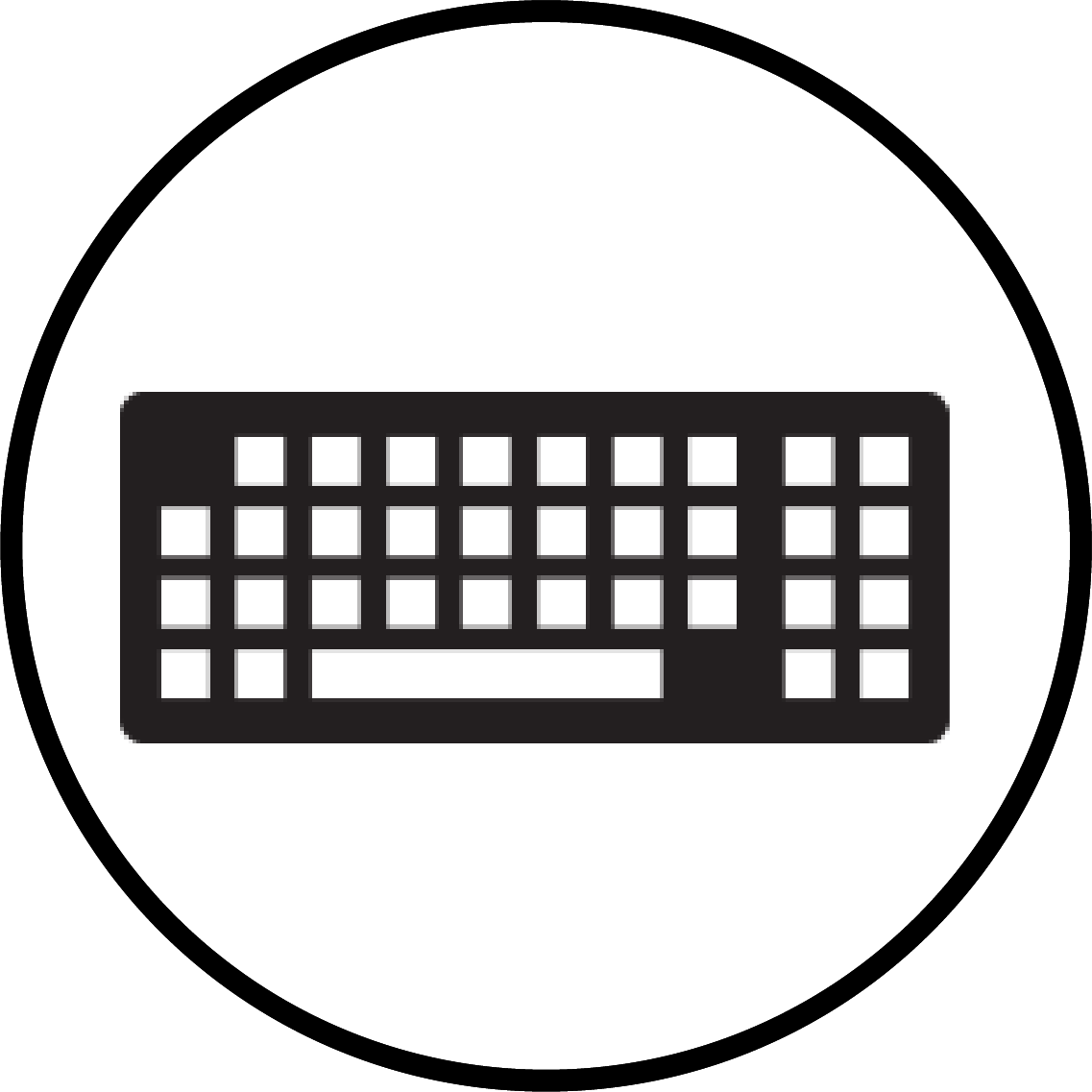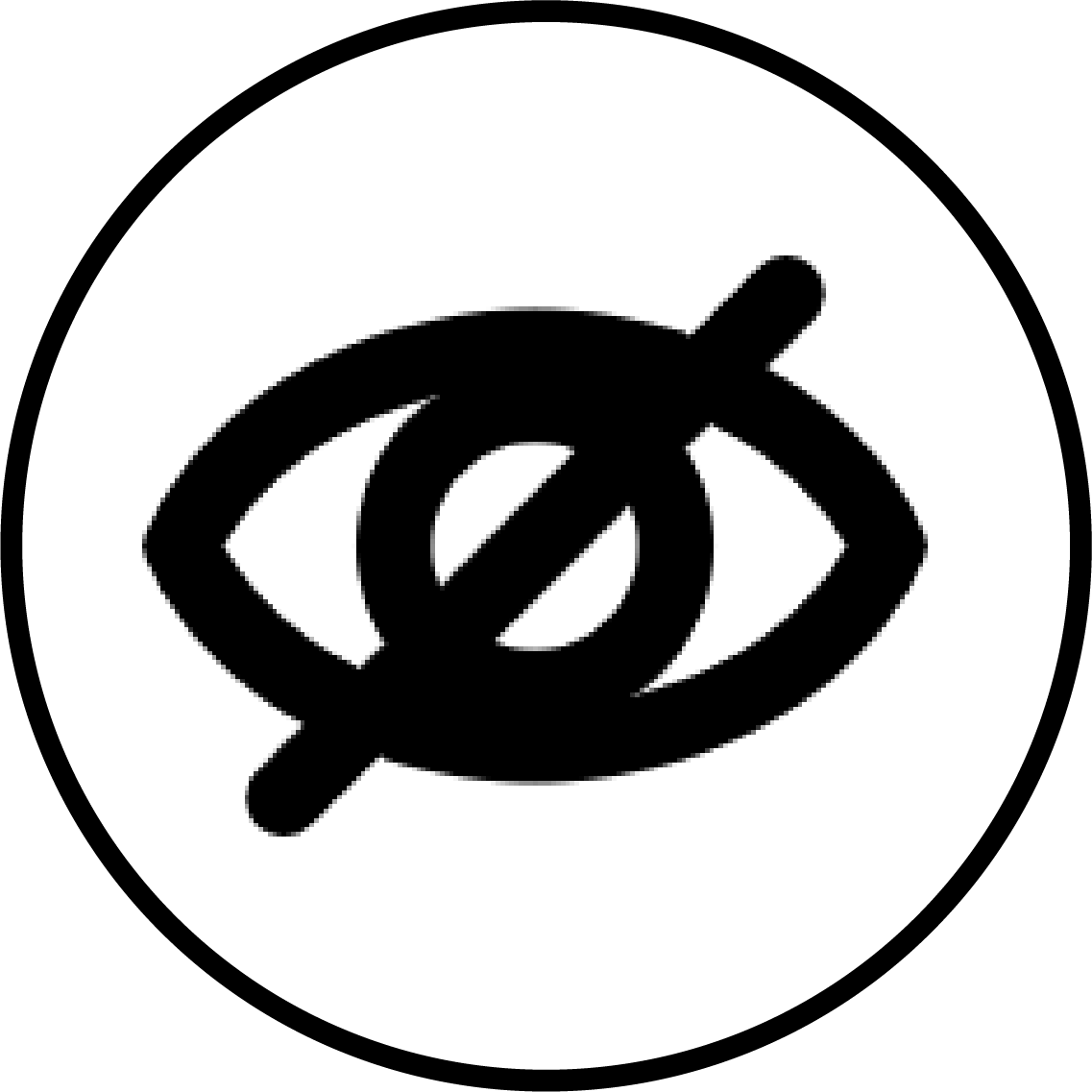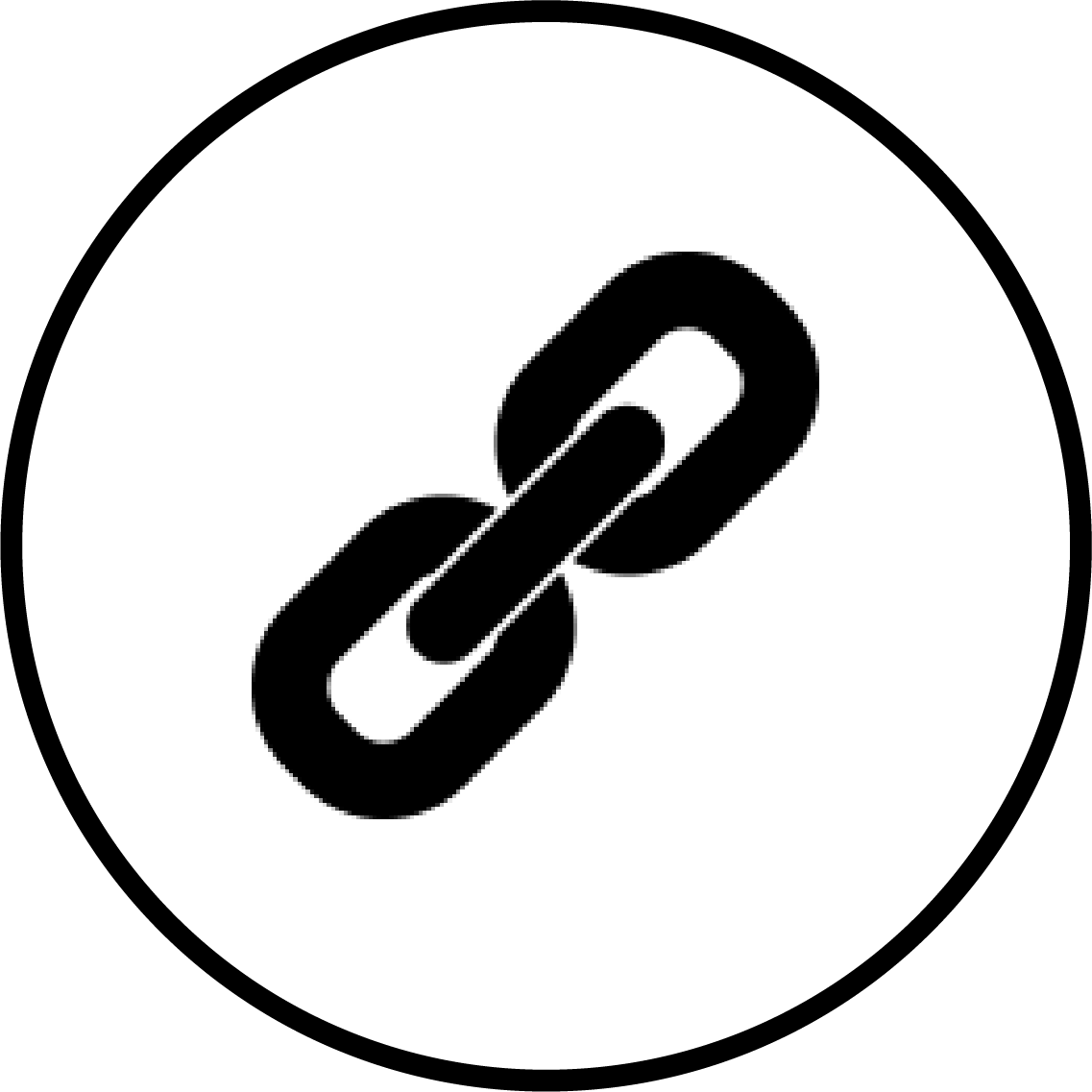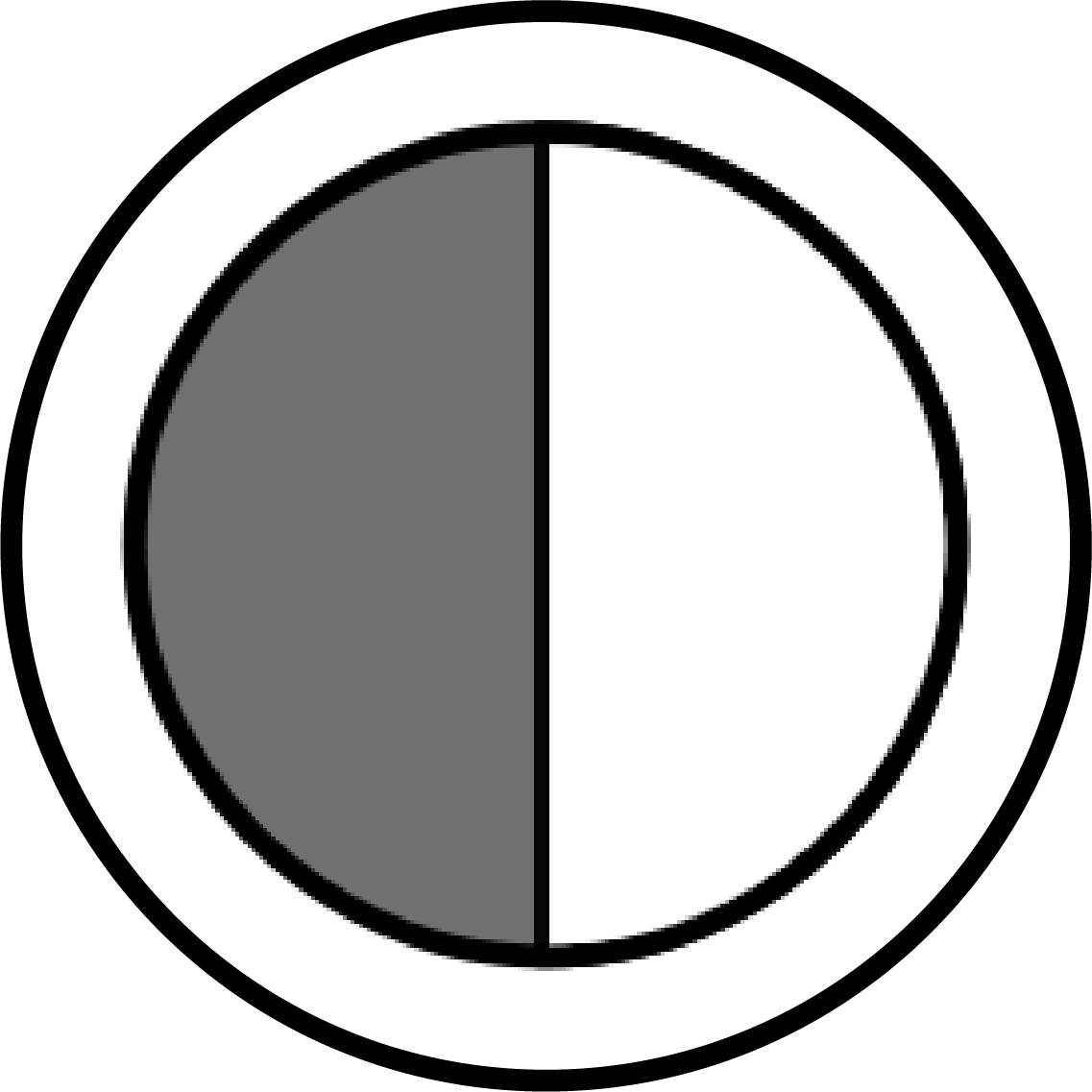
October 1, 2020 marked the twentieth anniversary of the violent suppression of the popular demonstrations in October 2000 during which 13 Palestinian Arab civilians were killed by the Israeli police. Over 1,000 civilians were wounded and 660 arrested. The events of October 2000 were the first time that Palestinian Arab citizens of Israel faced violence of this scale since the Land Day demonstrations of 1976 and the October 29, 1956 Kafr Qassem massacre, where 49 Palestinian Arab citizens returning home from their jobs were killed by Israeli forces for violating a curfew that was imposed without their knowledge.
But police brutality and violence against the Palestinian Arab community continues today. Since the year 2000, 59 Palestinian Arab civilians have been shot and killed for their racial background by police, civilians, and soldiers. Only 4 indictments were filed against police officers who shot Palestinian Arab civilians, of whom only two were convicted, for periods of 6 and 30 months.
Little has been done to truly reform the policing and justice systems which allow these killings. Officers involved in incidents of violence are often granted legal immunity and cases for criminal charges are closed without conclusion. Two of the officers involved in the events of October 2000 were released from duty but all cases against any of the officers were closed without trial. Then-Attorney General Menachem Mazuz granted the officers immunity despite the Or Commission’s (you can view a full report and summary of the Or Commission and its findings below) conclusion that the shootings and killings were illegal.
This represents a pattern which continues to this day. On November 8, 2014, Khayr Hamdan, age 22, was killed by police in the Palestinian Arab town of Kafr Kana. The killing sparked widespread demonstrations and his family pressed for criminal charges against the officers involved. In May 2015, the head of the Ministry of Justice Police Investigations Department, Uri Carmel, said that the officers will not be charged. Sami al-Ja’ar, 20, was shot and killed in the Bedouin city of Rahat on January 14, 2015. While one officer was arrested on charges of “opening fire against the rules of engagement” and may have admitted to shooting al-Ja’ar, the officer subsequently changed their testimony. The state prosecution team dropped the case in March 2016 due to a “lack of evidence.” More recently, in May of 2020, Salameh Abu Kaf Zal was killed by Israeli police in the city of Beersheba. The Mossawa Center sent an appeal to the Police Internal Affairs Department in the wake of the killing following discrepancies between the police’s report of the incident and testimony by Abu Kaf Zal’s family.
Higher-ranking officials are similarly unaccountable, instead being allowed to continue their careers. Major General Bentzi Sau was Commander of the North District’s Border Police in October of 2000 and was involved in ordering police snipers to fire on Palestinian Arab protesters. He was later promoted to Deputy Police Commissioner and served as Acting Commissioner during the surge of violence in late 2015.
As tensions between the Palestinian Arab community and police continue, the government has yet to demonstrate a commitment to the substantial reforms that are clearly necessary. The Or Commission Report emphasized that one result of flawed policing in Israel is that many Arabs see the police as enemies. The case of Sami al-Ja’ar shows how such reforms are still direly needed. While Al-Ja’ar’s father was a police officer himself, relations between police and Palestinian Arab citizens still deteriorated. The shooting of al-Ja’ar sparked demonstrations across the country. Clashes erupted between police and civilians at his funeral, which was attended by over 8,000 people. Another Palestinian Arab citizen of Israel, Sami Ziadna, 45, was killed in those clashes.
On January 18, 2017, police officers shot at the car of Abu al-Kiyan, an assistant school principal, during the demolition of Umm al-Hiran, an unauthorized Bedouin village in the Negev. Three years after the police killing of Yakub Abu al-Kiyan, Prime Minister Benjamin Netanyahu publicly apologized to his family, a day after Israel’s Channel 12 News published correspondences by senior law enforcement officials allegedly revealing misconduct in the shooting. "They said he was a terrorist. Yesterday we found out he was not a terrorist," said Netanyahu, claiming that senior law enforcement officials "turned him into a terrorist to protect themselves and hurt me."
In 2018, the prosecutor’s office closed the case, arguing it was impossible to determine if Levy had been run over. In his correspondence with then police misconduct unit chief Uri Carmel, former state prosecutor Nitzan said he was inclined not to take action against Alsheich, who at the time headed the Israel Police, due to “interests of the state that need to be taken into consideration.”
On the anniversary of the events of October 2000, the Mossawa Center is calling for an end to the impunity granted to police and police brutality against Palestinian Arab citizens of Israel. It is calling for an end to the practices carried out by Israeli police which violate the democratic and civil rights of Palestinian Arab citizens of Israel.
The Mossawa Center calls on the state of Israel to massively overhaul its institutions, namely its security and policing institutions, as well as its judiciary. Moreover, the Mossawa Center calls on state authorities to refrain from using excessive force, especially live ammunition. Not only does doing so sacrifice the basic human rights of those touched by the violence, but it also undermines freedom of assembly, one of the most important pillars of democracy. The Mossawa Center also urges the international community to pressure Israeli government to uphold its commitments under international law and international agreements regarding respect for human rights and democracy.
The 13 Palestinian Arab civilians killed in 2000:
17-year-old Asel Asleh in Arrabe
18-year-old Ahmed Jabareen in Mu’awiya
18-year-old Ala Nassar in Arrabe
19-year-old Misleh Abu Jarad in Umm al-Fahem
19-year-old Mohammad Khamayseh in Kafr Kanna
21-year-old Rami Ghara in Jatt
21-year-old Walid Abu Saleh in Sakhnin
23-year-old Mohammed Jabareen in Umm al-Fahem
24-year-old Ramez Bushnaq in Kafr Manda
25-year-old Emad Ghanayim in Sakhnin
25-year-old Wissam Yazbak in Nazareth.
26-year-old Eyad Lawabny in Nazareth
42-year-old Omar Akkawi in Nazareth

























